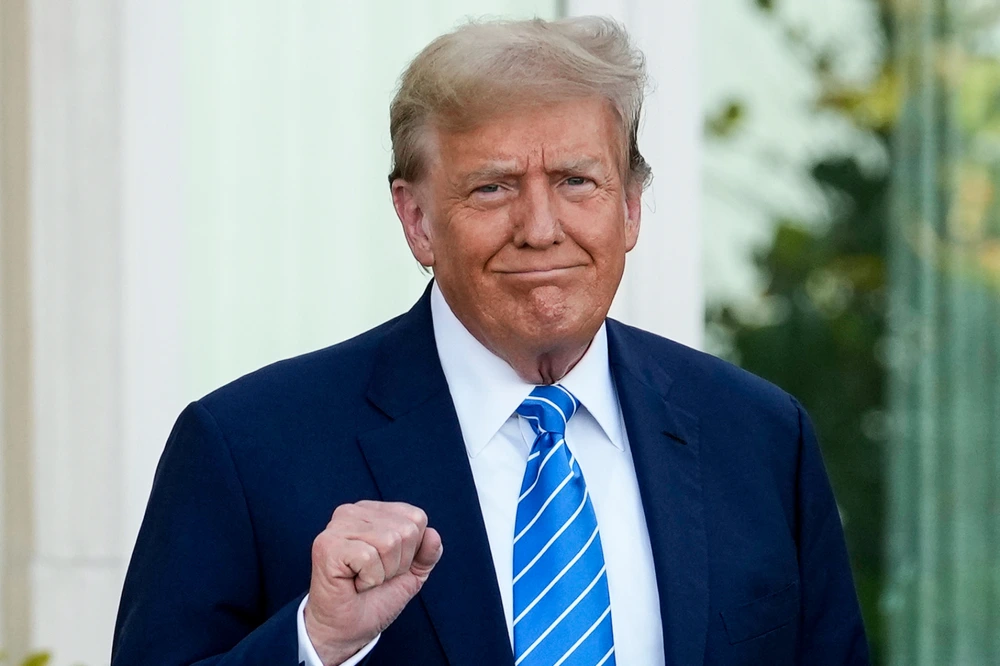- U.S. government now holds 10% equity in Intel.
- Intel Foundry continues to report heavy losses.
- Spin-off of the foundry unit is effectively blocked by the deal.
Intel’s ongoing foundry challenges have taken a political turn. According to the Financial Times, the Trump administration now holds a 10% equity stake in Intel as part of a recent deal designed to influence the company’s decision-making around its floundering foundry business.
Intel CFO David Zinsner revealed details at a Deutsche Bank conference, noting that the deal penalizes Intel if it attempts to spin off the foundry unit in the coming years. A five-year warrant could allow the government to acquire an additional 5% stake at $20 per share if Intel falls below 51% ownership in the business. “I think from the government’s perspective, they were aligned with that; they didn’t want to see us take the business and spin it off or sell it to somebody,” Zinsner said.
Financial Backing Tied to U.S. CHIPS Act Grants
The agreement also delivered $5.7 billion in cash to Intel, part of previously awarded grants under the U.S. CHIPS and Science Act. While Intel declined to comment beyond Zinsner’s remarks, White House press secretary Karoline Leavitt confirmed the deal was still being finalized.
This move underscores the administration’s commitment to reshoring semiconductor manufacturing. With global competitors like Taiwan Semiconductor Manufacturing Company dominating offshore chip production, the U.S. government is actively seeking to maintain domestic manufacturing capacity.
Struggling Unit Forces Strategic Constraints
Intel Foundry has been a persistent financial drain, reporting a $3.1 billion operating loss in Q2. Analysts and investors have repeatedly urged Intel to spin off the unit, especially after former CEO Pat Gelsinger’s sudden retirement last December. Yet, the new government stake effectively locks Intel into maintaining a business unit that has consistently underperformed, complicating long-term strategic planning.
Also Read: American Bitcoin Nasdaq Debut: Trump-Backed BTC Mining Firm Merges with Gryphon
Looking Ahead
The Intel-foundry deal signals a high-stakes intersection of politics, industry policy, and corporate strategy. For Intel, balancing government expectations with shareholder interests will be crucial as the semiconductor landscape grows increasingly competitive.
Disclaimer: The information in this article is for general purposes only and does not constitute financial advice. The author’s views are personal and may not reflect the views of CoinBrief.io. Before making any investment decisions, you should always conduct your own research. Coin Brief is not responsible for any financial losses.




